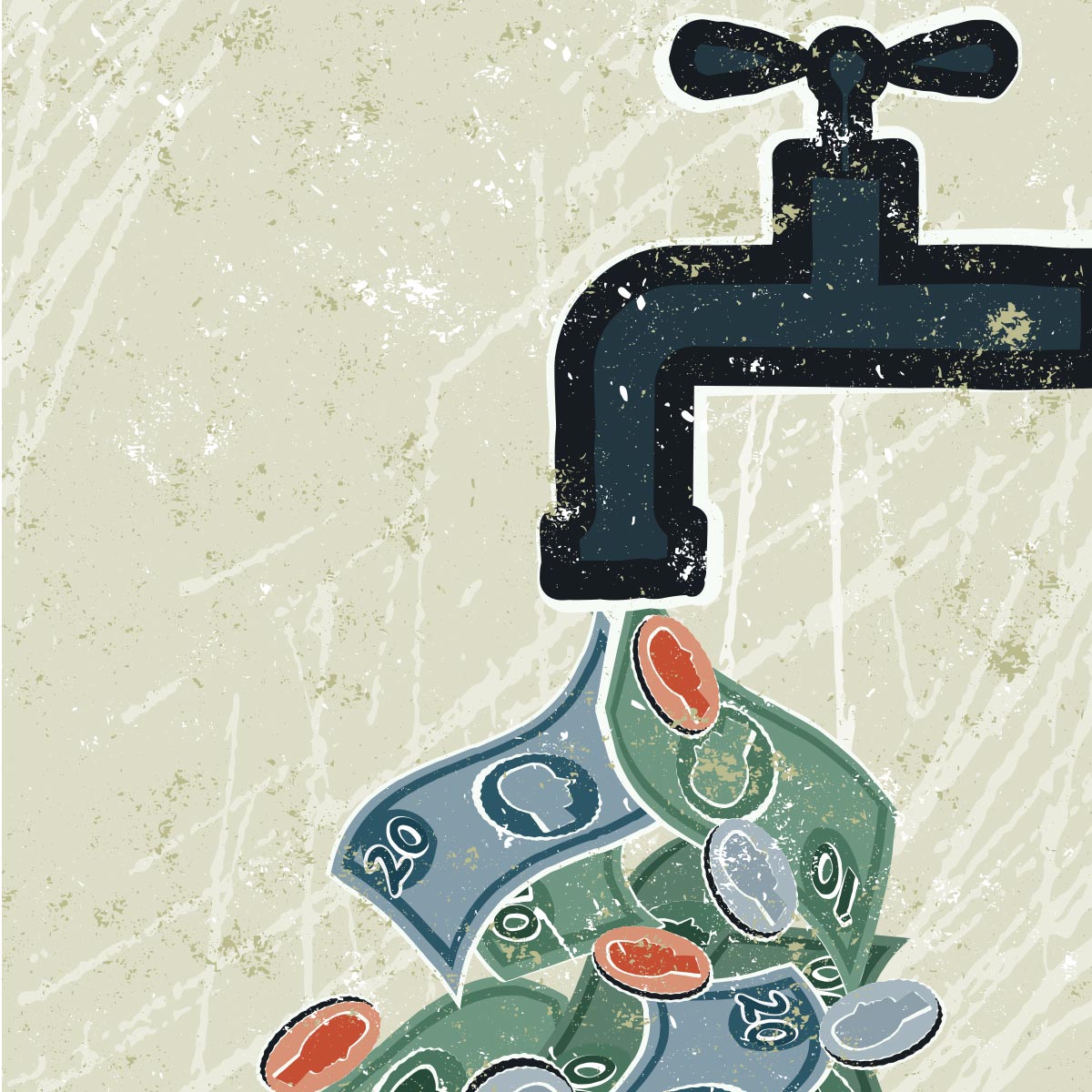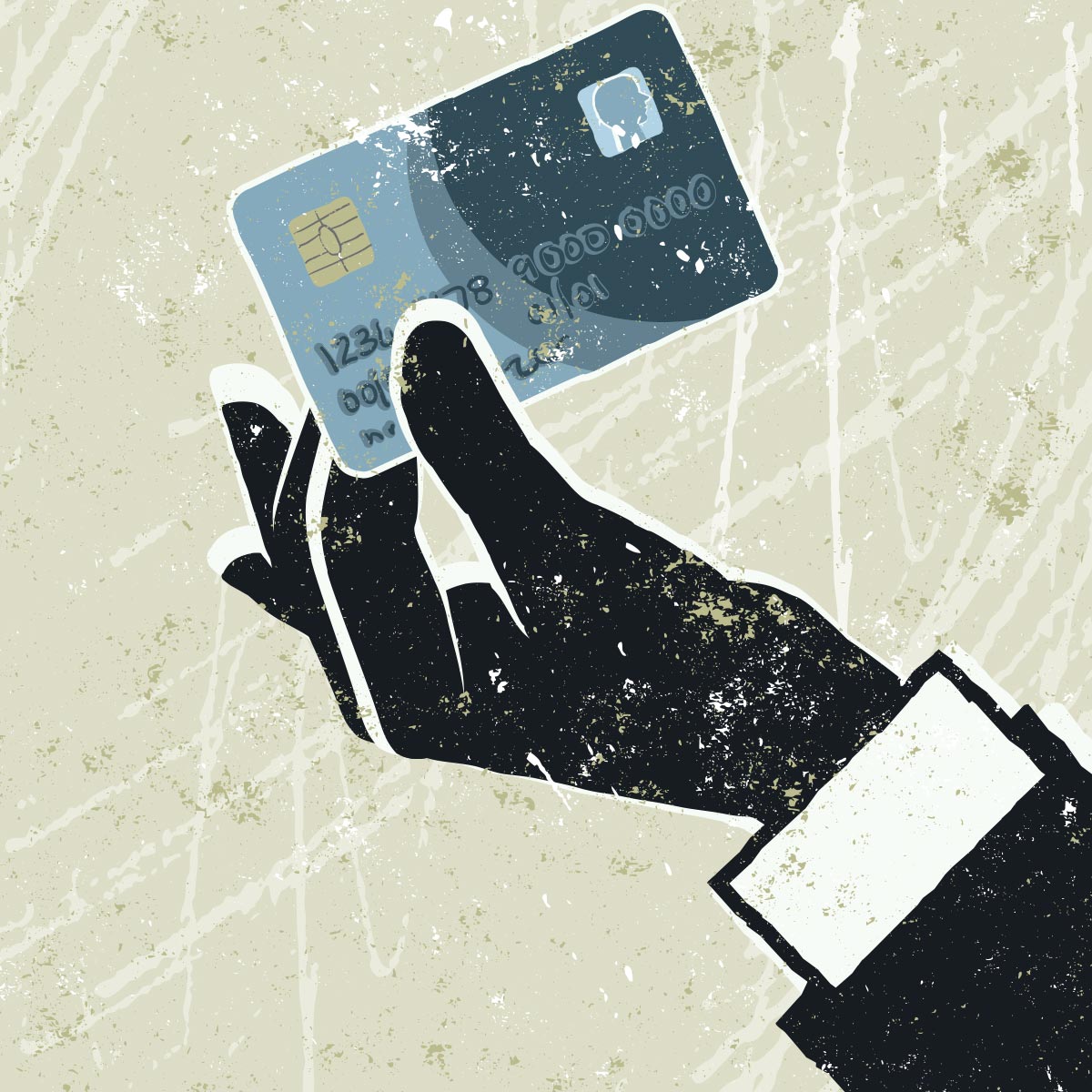1) You Are Investing With A Purpose
Your 20s are the time to get retirement accounts up and running. Your 30s, on the other hand, are the time to get truly strategic with your money. Before your 40th birthday, you should know when you’d like to retire, how much you’ll need to have saved, and what steps are needed to put this vision within reach. Retirement planning is high stakes and has many variables, and, for that reason, your 30s are a good time to consider working with a trusted financial advisor.

2) Your Career, And Salary, Are Advancing
Your 20s are the time to invest in yourself and grow your lifetime earning potential. In your 30s, it’s essential to find career fields and companies that recognize your talents and will compensate you accordingly.
Feeling anxious about switching jobs or asking for a raise? Keep in mind that the average baby boomer held 12 jobs during their working years (source), and that figure is expected to be significantly higher for Gen X, Millennials, and Gen Z. If your current employer isn’t providing opportunities for career and pay advancement, don’t think twice about seeking greener pastures.

3) Your Insurance Coverage Is Strategic
That high deductible plan that got you through your twenties may not be enough in your thirties, especially if you (or your family members) are going to the doctor more often. If you choose a higher deductible plan that is sponsored by your employer or because it is the more affordable monthly option, consider setting up and maximizing your contributions to an HSA account. In 2020, you may contribute up to $3,550 for individual coverage and $7,100 for family coverage. And if you are starting a family, consider how life insurance can protect your future earning potential (and your family’s standard of living). While having insurance coverage is key in your 20s, having the right insurance coverage becomes critical in your 30s.

4) Money Is Flowing Toward Retirement Accounts
In your 30s, it’s time to fine-tune your retirement plan contributions. This means taking advantage of any company match and trying to hit annual contributions limits. In 2020, the contribution limits are $19,500 for 401(k)s, $13,500 for SIMPLE plans, and $6,000 for IRAs.
If you are self-employed or working within the gig economy, think about retirement savings in terms of percentage of income. That is to say: define a percent of your income each month that goes toward retirement. As your monthly and annual income grows, this model ensures that your retirement savings keep pace.


5) High-Interest Debt Is Approaching Zero
Also by the time you turn 30, you should be making good headway on any outstanding debt. And when we say this, we mean ALL debt: credit card debt, car payments, and student loans.
In addition to making headway on your debt, you should also have a debt paydown strategy in place that defines a target date to zero out your balances.
Enjoy The Journey
Whatever your 30s look like, we hope you enjoy the journey. And if working with a fee-only financial advisor would help you do that, we invite you to connect with our team.
If the DIY approach is a better fit for you, check out our Resource Center for ideas and insight when it comes to managing your financial life.


